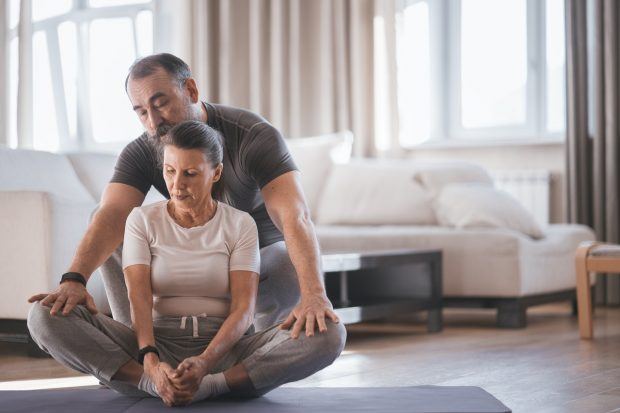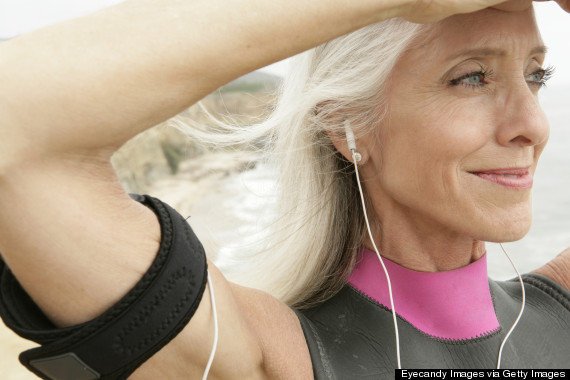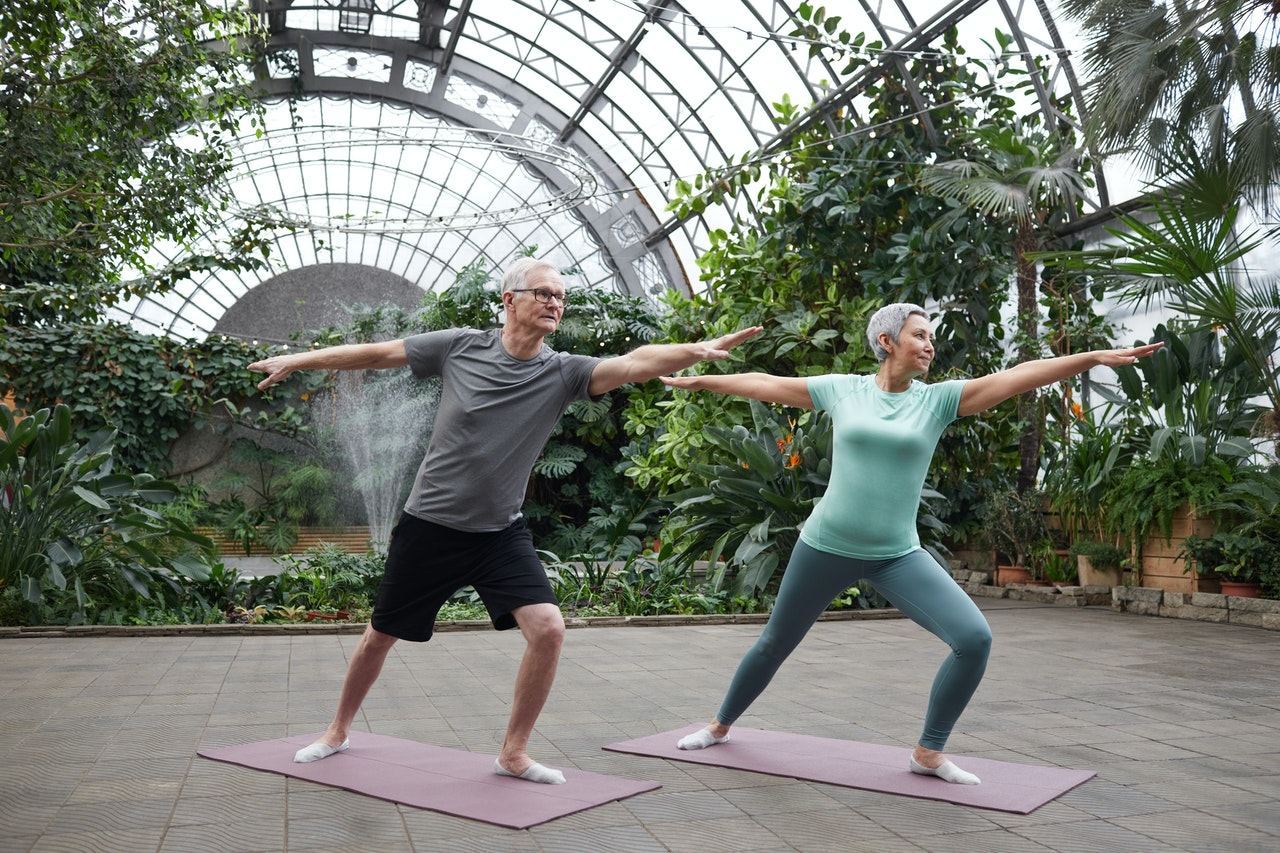The reality is that we’re each going to experience aging. Yet, this is hard for a lot of people to reconcile. So much so that their approach towards older adults may leave a bad taste in your mouth.
According to research, the population is getting older, with the number of the population aged 65 years or over increasing from 6 percent in 1990 to 9 percent in 2019. Unfortunately, the increase of older people in the world hasn’t curbed the rising rates of ageism. It also hasn’t resulted in greater support for long-term care, which so many seniors require. In fact, a recent study has revealed that nearly all older adults have experienced some form of ageism in their day-to-day lives.
Ageism is aging badly
“Ageism is a type of discrimination that can present in all different ways, both overt and subtle. Everyday ageism is rooted in stereotypes and very narrow beliefs about aging that rip people’s individuality away and treat them like a monolithic stereotype of older adults.” – Dr. Julie Ober Allen, PhD, an assistant professor in the Department of Health and Exercise Science at the University of Oklahoma, Norman.
In the study, published in the JAMA Network Open, Dr. Ober Allen and her team surveyed over 2000 people between the ages of 50 and 80.
The participants were asked about 10 forms of everyday ageism, which included but were not limited to;
- Reading or hearing jokes about aging or that older adults are unattractive or undesirable
- Encountering people who assume they have difficulty using technology or remembering or understanding things because of their age
- Believing that having health problems, feeling lonely, and feeling depressed is just a part of getting older.

Photo by Mikhail Nilov
What did the study find?
- 93 percent of those surveyed revealed that they had regularly experienced at least one form of ageism;
- 65 percent of the participants said they see, hear, or read jokes disparaging or stereotyping older people.
- 45 percent said they regularly experienced interpersonal ageism, or experiences directly involving another person. In this case, people would assume that they were having trouble with seeing, hearing, understanding, remembering, or being able to do things independently.
What’s more,80 percent of participants held the belief that having health difficulties was part of getting older. It should be noted that 82 percent did describe their own health as good or very good.
How does ageism affect longevity?
According to Ober Allen, internalized forms of aging can impact overall wellness.
“Some older adults may laugh it off like it’s no big deal, but they may internalize it, and these internalized ageism beliefs and stereotypes may be the most harmful,” Ober Allen said.
To better analyze this, Ober Allen and her team looked at how ageism might affect older adults’ health by calculating an “everyday ageism score” for each participant and comparing it to what they reported about their own physical and mental health.
The higher the ageism score, the more likely the participants were to be in fair or poor physical and mental health. They were also more likely to have more chronic conditions and display signs of depression.
Additionally, Allen and her colleagues also believe that everyday ageism can also trigger stress in the body. As well as know, stress can threaten one’s longevity by contributing to accelerated aging.
“When people experience the stress response so often and so regularly, research suggests it can lead to premature aging and increase risk for the deterioration of multiple biological systems, putting people at risk for a variety of different chronic diseases,” Ober Allen said.
“So to a certain extent, perhaps some of the health-related changes that we associate with aging, if they are, in fact, related to ageism and not chronological aging, may actually be preventable.”
Aging well with ageism
“We need to recognize older adults as individuals, not stereotypes, and we should think about aging as another life stage as opposed to one marked by decline and demise,” Dr. Ober Allen said.
Like other forms of discrimination and prejudice, one of the best ways to address ageism is to create awareness. We each need to do our part to call it out, and let people know why it is so harmful.
 Yes, with age comes an increased risk of more health conditions, but that doesn’t mean that we should feel bad about ourselves. Rather, we need to do our part to promote better health and well-being amongst older adults.
Yes, with age comes an increased risk of more health conditions, but that doesn’t mean that we should feel bad about ourselves. Rather, we need to do our part to promote better health and well-being amongst older adults.
Want to know more?
Different illnesses may accompany aging, but you can prevent this. In fact, here are essential lifestyle health tips for seniors that will help them live a healthier life as they age.
References
Allen JO, Solway E, Kirch M, et al. (2022). Experiences of Everyday Ageism and the Health of Older US Adults. JAMA Netw Open. 5(6):e2217240. doi:10.1001/jamanetworkopen.2022.17240





![women [longevity live]](https://longevitylive.com/wp-content/uploads/2020/01/photo-of-women-walking-down-the-street-1116984-100x100.jpg)










